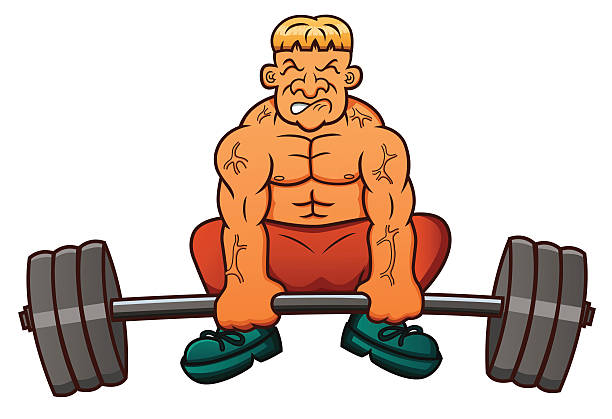Nutrition
I can’t stress how important getting your nutritional intake right is when building muscle (or indeed when trying to achieve any fitness goal). The first thing to remember when trying to build muscle is that you have to be in a calorie surplus. This means you need to consume more calories than you expend. To calculate your recommended daily calorie intake we first need to find out your basal metabolic rate (BMR)

BMR:
Women = Weight(kg) x 22
Men = Weight(kg) x 24
Next we can work out your Physical activity level (PAL):
PAL score:
Mostly inactive = 1.2
Fairly active 1-2 times/week = 1.3
Moderately active 2-3 times/week = 1.4
Active 3+ times/week = 1.5
Very active daily = 1.6
Now we can work out our daily calorie intake:
Daily calorie intake = BMR x PAL
For building muscle we can then multiply this Daily Calorie intake x1.2 to have a calorie surplus.
Protein is king. Maintaining frequent protein feedings with a high daily protein intake is key to building muscle mass when you are training at high intensities. Protein helps stimulate muscle protein synthesis and numerous studies report high protein intakes lead to significant increases in muscle mass. A common recommendation for gaining muscle is to consume 2.2kg of protein per kilo of body weight per day. The best sources of natural protein are meats like chicken and turkey, fish, eggs and dairy products, as they all have the essential amino acids your body needs. Making sure there is 20-30g of protein per meal will help you well on your way to consuming the right amount of protein throughout the day. I would also recommend supplementing with Whey Protein as it can be difficult hitting your protein goals from wholefoods throughout the day.
Training
The best type of training to perform in order to build muscle is weight lifting. Simply put lifting heavy weights and performing compound exercises is the best way to build muscle. These exercises include deadlifts, bench press, squats, shoulder press etc… any exercise which uses multiple and large muscle groups simultaneously. It is generally recommended that 8-12 reps performed for 3 sets is a good guide for muscle growth. So pick a weight that you are working the muscle to failure at this 8-12 rep range. Make sure to give yourself 1-2 mins recovery time between sets to allow optimal muscle recovery so that you can perform the next set at a high standard. Finally make sure to make your training harder each session using the principle of progressive overload. This involves either increasing the weight lifted or the reps or sets performed from workout to workout. This increase helps the muscle adapt and grow stronger over time. Remember small increases are best to give the body time to adapt.

Recovery
Recovery is probably the most overlooked factor when it comes to muscle growth. Many people train extremely hard and eat well but don’t allow the body to rest and adapt. As a result they don’t see optimal muscle growth and this can also lead to burnout and injury. Leaving 48-72 hours for a specific muscle group to recover seems to be best. This doesn’t mean you can’t train at this time, it just means you can train your upper body one day and while you are resting it the next day you can train your lower body.
It turns out that our real muscle growth takes place while we’re resting at home. Sleep is crucial for strength training and helps with muscle repair after a strenuous workout. Along with consuming protein to aid in muscle repair and new growth your body produces its own muscle-building hormones while you sleep increasing blood flow to your muscles and repairing the tissue damaged from working out. A consistent sleep schedule of 7-8 hours a night will greatly help the muscle-healing process.

Comments